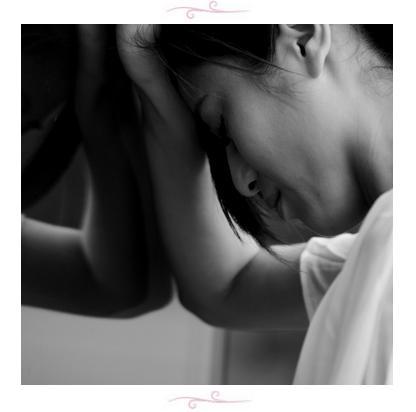Melatonin for Seasonal Affective Disorder
The circadian rhythm of the body is a biological cycle, it is about 24 hours in length, governing certain biological cycles. For example, our body produces the hormone cortisol in the morning, when we need to get up, and it will release melatonin during nighttime when we need to sleep. These cycles are governed by the absence or presence of light. Depression that occurs during the winter months is called Seasonal Affective Disorder or SAD. This type of depression is caused by a disrupted circadian rhythm which is triggered by the absence of light or low levels of light. The winter months are marked by less sunlight causing the disruption in the circadian rhythm.

The National Institute of Mental Health suggested that the use of melatonin supplements is effective in treating this form of depression. The time to take melatonin has to be adjusted based on the circadian rhythm of the person. Some people do well if they take melatonin early in the morning, while others do well if they are taking melatonin in the mid-afternoon.
Melatonin for Depression
People that suffer from depression have a melatonin cycle that is delayed. Some research shows that depressed people have lower blood melatonin levels. There are other studies that do not show this trend. The use of melatonin as a treatment for depression needs more investigation because current research lacks design strength and a number of experimental subjects. Most studies about melatonin and depression show some positive effects. Keep in mind that when you start taking melatonin supplements for depression, you may experience some of the common melatonin side effects listed on our website.
- Pacchierotti, C. et al. “Melatonin in Psychiatric Disorders: A Review on the Melatonin Involvement in Psychiatry.” Frontiers in Neuroendocrinology. Volume 22, Issue 1, January 2001, Pages 18-32. [This study reviews the relationship between mood and melatonin. The study finds insufficient evidence to recommend melatonin as a treatment for depression.]
- Lewy, A. et al. “Melatonin treatment of winter depression: a pilot study.” Psychiatry Research. Volume 77, Issue 1, 16 January 1998, Pages 57-61. -[A placebo-controlled trial involving 5 depressed patients. The finding shows that low doses of melatonin taken in the afternoon gave significant anti-depressive effects.]
- Nair NP, Hariharasubramanian N, Pilapil C. “Circadian rhythm of plasma melatonin in endogenous depression.” Prog Neuropsychopharmacol Biol Psychiatry. 1984;8(4-6):715-8. [This study shows that depressed men have lower levels of melatonin. Melatonin levels of depressed men peaks earlier and fall-off later compared to control subjects.]
- Carman, J. et al. “Negative effects of melatonin on depression.” Am J Psychiatry 1976; 133:1181-1186. [This is a double-blind study with 6 depressed subjects. The study finds that melatonin has a negative impact on the mood, however, the study did not use a placebo control group.]
- Crasson, M. et al. “Serum melatonin and urinary 6-sulfatoxymelatonin in major depression. sychoneuroendocrinology.” Volume 29, Issue 1, January 2004, Pages 1-12. [This is a study that involves 14 depressed subjects and 14 control subjects. The study shows that there is no significant difference between the melatonin levels of depressed and control subjects but confirmed that there is a delayed melatonin cycle among depressed subjects.]